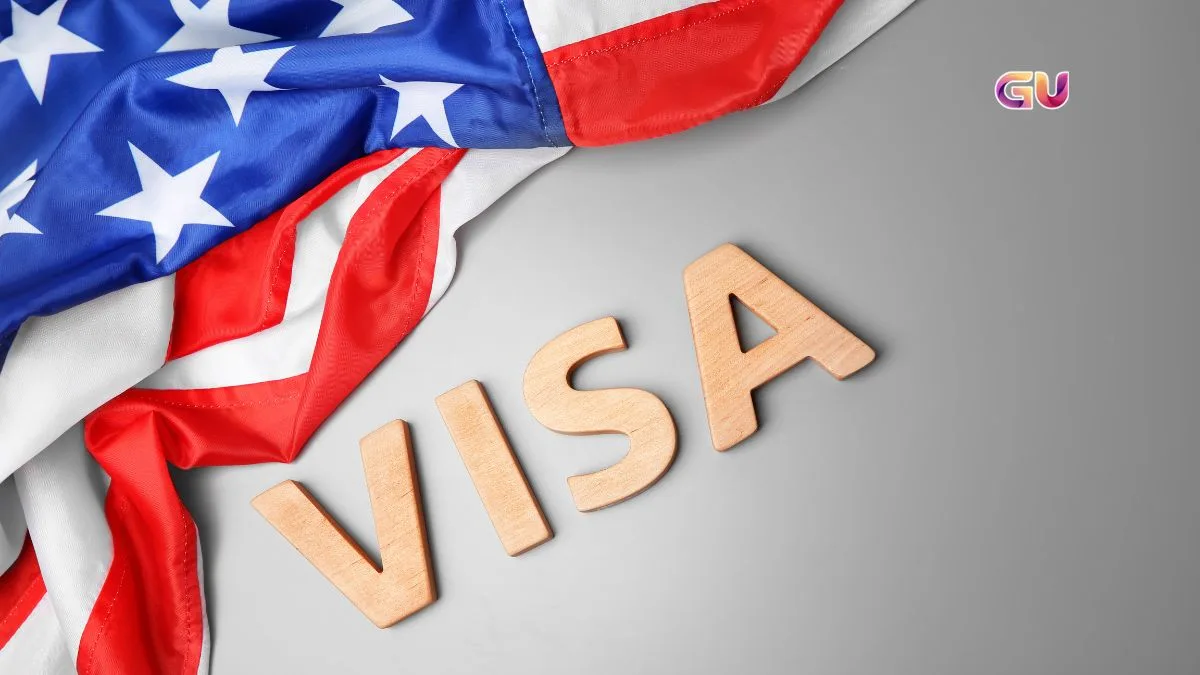Student Visa: In a move that could disrupt thousands of academic journeys, the Trump administration has ordered U.S. embassies worldwide to pause new student and exchange visitor visa interviews.
The directive, signed by Secretary of State Marco Rubio, cites an upcoming expansion of social media screening protocols for all applicants seeking F, M, and J visas. This decision has sparked concern across the global academic community and among U.S. universities that rely heavily on international students.
What Does the Visa Pause Mean?
Effective immediately, U.S. consular sections are instructed not to schedule new visa interview appointments for international students. This includes those applying for:
- F-1 Visas – for academic studies
- J-1 Visas – for exchange programs, fellowships like Fulbright
- M-1 Visas – for vocational training programs
Students who already have visa appointments scheduled are not affected by the halt. However, the government has not specified how long the suspension will last, leading to uncertainty for many preparing to study in the U.S. this fall.
A State Department spokesperson stated that this move is part of a broader strategy to “use every tool available to screen anyone entering the country,” emphasizing the inclusion of enhanced social media vetting as a new priority.
Why Is the Trump Administration Doing This?
The order is tied to the administration’s wider push for stricter immigration controls and enhanced national security screenings.
The new rules are expected to include deeper reviews of student applicants’ online activities, social media history, and potentially their political views—especially in light of recent pro-Palestine campus protests.
Officials have not yet clarified what online content would trigger further scrutiny. Critics worry the process may unfairly target students based on political beliefs or expressions made on platforms like Instagram, TikTok, or X (formerly Twitter).
International Student Numbers and Impact
According to the Open Doors Report from the Institute of International Education, the U.S. hosted a record 1.13 million international students during the 2023-2024 academic year. More than 70% of them came from Asia, with:
- India leading at 331,602 students
- China with 277,398 students
- South Korea at 43,149 students
Top universities such as New York University (27,247 students), Northeastern University (21,023), and Columbia University (20,321) rely significantly on international enrollments to support academic and financial stability.
Universities React with Alarm
The visa interview freeze and looming social media scrutiny are already causing concern at top institutions.
Harvard University, which recently had its ability to enroll international students temporarily revoked, currently has 6,800 international students—about 27% of its total enrollment. Other elite institutions like Yale, NYU, and Northwestern are also monitoring developments closely.
NAFSA, a leading association for international educators, criticized the policy. CEO Fanta Aw said it unfairly targets students who are assets to the nation. “The idea that taxpayer dollars are being used to scrutinize peaceful student voices is troubling,” she said.
What About Students Already in the U.S.?
The policy’s impact on students already studying in the U.S. and seeking visa renewals remains unclear.
Typically, F-1 visas are valid for five years, but renewal often requires students to leave the country and undergo the same application process again. For PhD students or those transitioning between degrees, this could present significant challenges if the pause extends into fall 2025.
